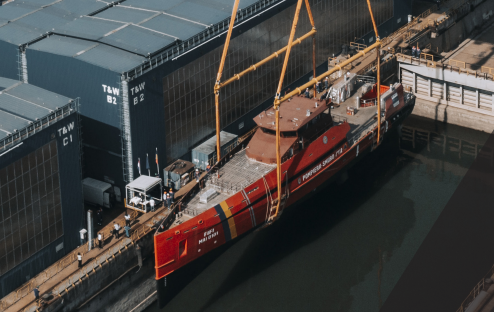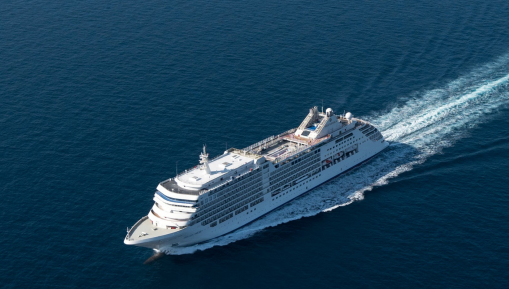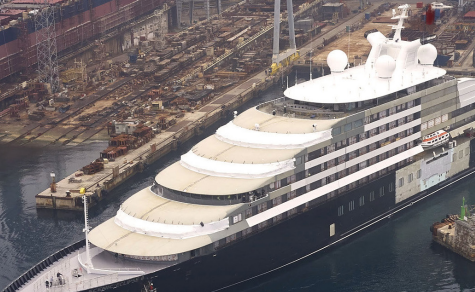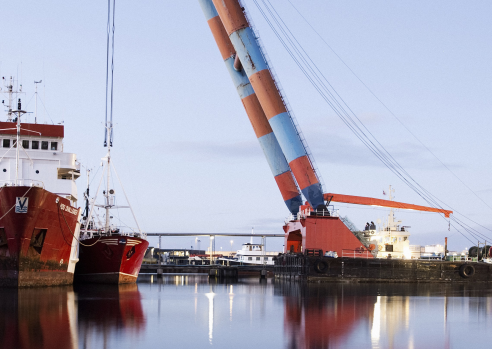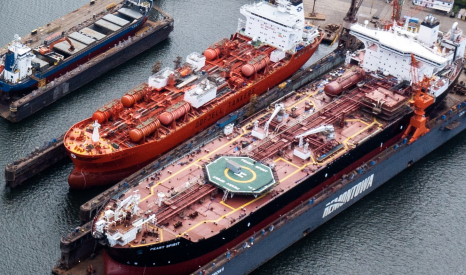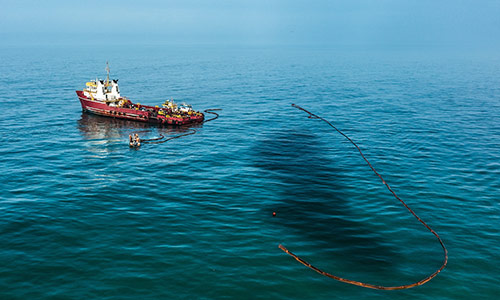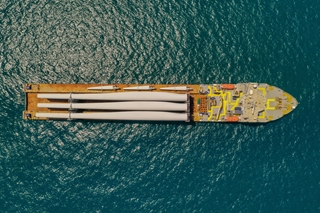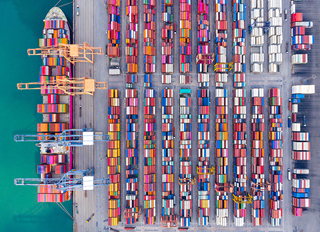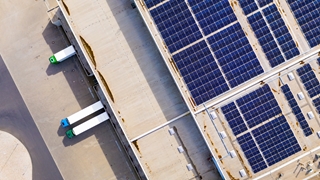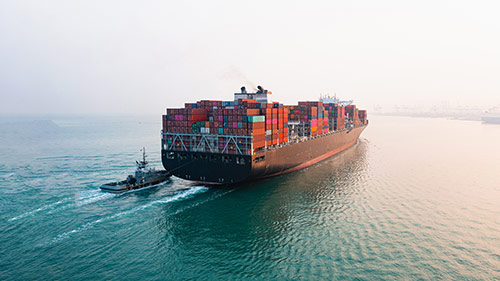
Emissions from global shipping
CO2 emissions from global shipping: A new experimental database
The shipping industry is essential for international trade, but it is also an important source of CO2 emissions. To make progress towards climate targets, countries need to monitor CO2 emissions from vessels owned by their ship operator companies. However, most shipping activity takes place outside national borders, making it more difficult to monitor than activity taking place within countries. The OECD’s experimental database on OECD.stat provides a new source of data for CO2 emissions from global shipping, which is available monthly in near real time. This Working Paper presents some initial results from the new data source and describes how they were produced.
Click here






